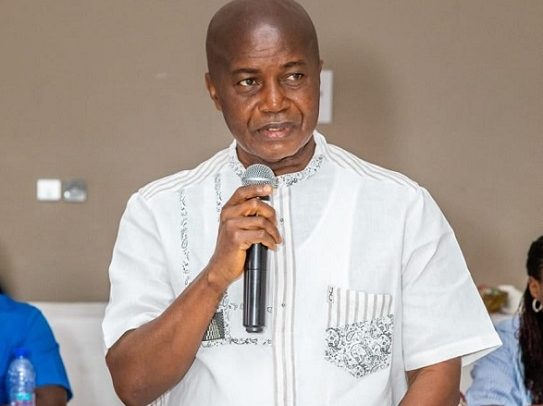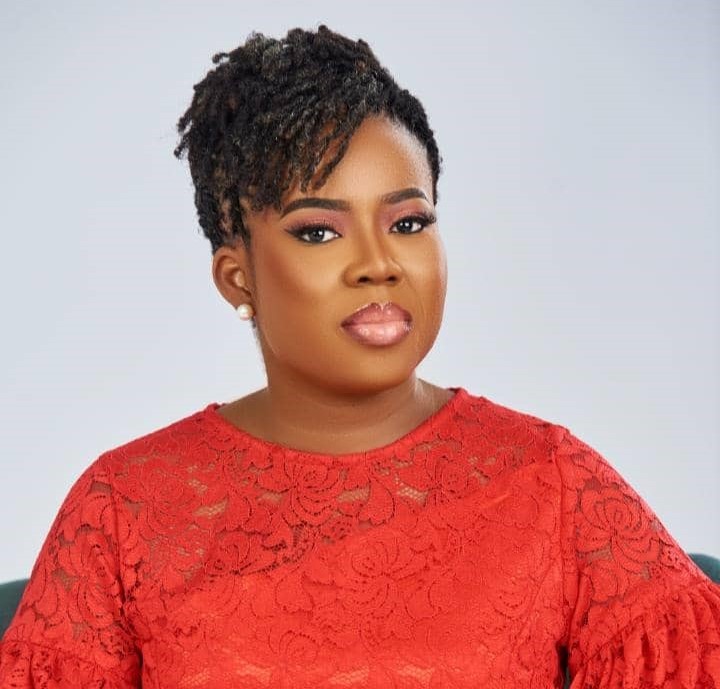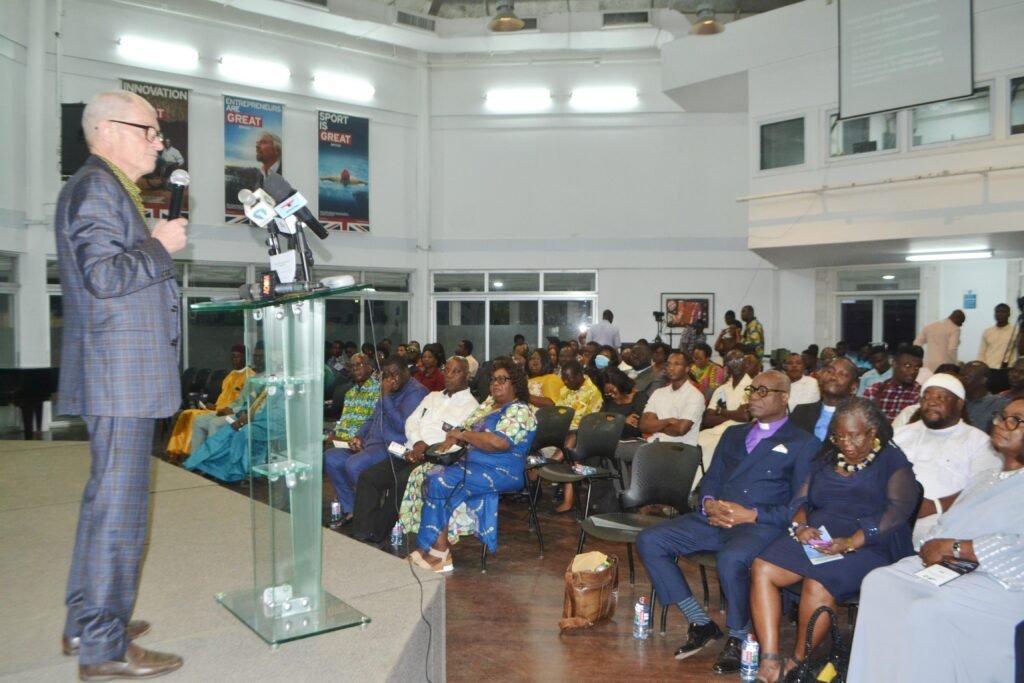
The war against child marriage is still a herculean task because the practice is condoned by customary and religious laws in some countries.
It is a menace that has and continues to rob many girls of their ability to develop their full potentials.
Global statistics indicate that 15 million girls are married before the age of 18 which translate to 28 girls being forced into this unholy union every day in developing countries where poverty has been identified as the main driving force behind the menace.
In Ghana, the situation is not different.
Child marriage which occurs when a person is forced into marriage or a union before the age of 18, is a harmful traditional practice that robs girls of their education, their health and future have a devastating human and development consequences if we do not act now.
The number of girls married as children will double by 2050, where Africa, will become the region with the highest number of child brides in the world.
A global snapshot shows that every two seconds, a girl is married before she is physically or emotionally fit enough to become a wife or a mother.
One in every three young women alive today were married before as children, with an estimated 720 million women alive today, were married before their 18th birthday.
The global statistics also indicates that the 720 million women who went into this unholy union are joined by 15 million other child brides every year.
It named among other sub-Saharan countries with the highest child marriage rates as Mali, Guinea, Sierra-Leone, Nigeria, South Sudan, Niger, Chad, Mozambique, Central African Republic, a disturbing phenomenon that threatens the lives, health and also limits the future prospects of these young African women.
To accelerate action at addressing child marriage in Ghana, there should be a deliberate policy of investments in and support for married and unmarried girls and making visible the corresponding benefits of this support, increasing political support, resources, policies and frameworks to promote positive change and improve the data evidence base.
On its part, the United Nations Population Fund (UNFPA) as part of its global programme to accelerate action to end Child marriage, has supported the development of an Advocacy toolkit and Guidelines for use by non-governmental and civil society organisations working in communities to end child marriage.
Child marriage which is unlawful is still being practiced in mostly poor rural communities in the country. The communities are in the Volta, Northern, the Upper East and West, Eastern, Ashanti, Brong Ahafo (now split) and the Central Regions.
In furtherance of its quest to address situation, the UNFPA Ghana Office, held a an orientation workshop for Regional Directors of the Department of Gender, CSOs, the National Youth Authority, the Police Domestic Violence and Victims Support Unit (DOVVSU, and the Media Communications Advocacy Network (MCAN) as implementing partners to review its Guidelines for engaging men and boys as well as the Child Marriage Advocacy Toolkit for community engagement.
But to put it in context, the toolkit has been in use since the inception phase of the programme to ensure that households are aware of the benefits of investing in adolescent girls and ending child marriage.
The Guidelines or tool kit has been designed to give guidance on how state and non-state organisations working towards reducing gender biases and gender discrimination can cooperate and collaborate their efforts and strategies in working at multiple levels and in the process generate synergies that could collectively transform gender relations in Ghanaian communities, thereby, reducing the vulnerability of women with respect to health and harmful practices.
It also presents conceptual and practical approaches on engaging men and boys in programme design and implementation of inventions aimed at addressing social vulnerabilities and disadvantages of women and girls.
The Guideline identifies multi-level interventions and engagement with men and boys which are expected to collectively generate an enabling environment to addressing reproductive health and social issues affecting women and girls as well as reducing their vulnerabilities.
It has specifically been developed for programme planners, health and social services providers operating at the national and regional levels, local government officers responsible for and engaging communities on social and health related issues , peer educators , civil society organisations and advocates related to gender equality, sexual and reproductive health and rights issues.
Regarding strategies for protecting girls rights and eliminating Child marriage, the guidelines looks at the role of parents' to get involvement in their children's education and community leaders, including chiefs, queen mothers campaign for girls to be educated to the highest level possible and promote community level activism against child early and forced marriage.
It also wants teachers associations as well as Parent Teachers Associations, to work with school authorities to promote quality education for the girls at all levels.
For government, the guideline stresses on the government investing in vocational training and employment opportunities for girls, and developing policy frameworks to define the roles and responsibilities, to dedicate sufficient resources, and to strengthen civil registration systems which record births and marriages.
Acccording to the guideline, the Ministry of Education is expected to enhance the quality of education for girls, enhance access and provide qualified teachers to teach students.
Regarding men and boys, the guidelines expect them to play a gatekeepers role on girls schooling, domestic roles, safety, religious practices, sexual relationships and place in society to determine the training and nature of those girls' marriages.
Furthermore, it stressed on laws on minimum age of marriage of 18 years, being enforced, and the Police to enforce the law by prosecuting perpetrators of early and forced marriage.
Under their 2019 work plan, UNFPA implementing partners have included activities that target men and boys as well as various indefinable groups who play critical roles in ending child marriage.
The media is not left out of Guideline and toolkit where the media is to improve coverage and reporting of child rights stories. It expects the media to share with the general public, information and statistics on child marriages, put out documentaries on victims and escapees of child marriage.
The media is to also promote positive role-modeling and give visibility to individuals, families and communities that are already championing the cause and supporting increased development opportunities for adolescent girls in Ghana.
The UNFPA with a mission to delivering a world where every pregnancy is wanted, every child birth is safe and every young person's potential is fulfilled, says it would continue to work with relevant stakeholders and key actors to ensuring that these aspirations were met.
Meanwhile as part of the orientation workshop, the UNFPA organised a field trip for participants who visited Kissi, a community in near Elmina, where a forum held a forum with men and boys to solicit their views on ending child marriage and other gender issues.
Read Full Story
















Facebook
Twitter
Pinterest
Instagram
Google+
YouTube
LinkedIn
RSS